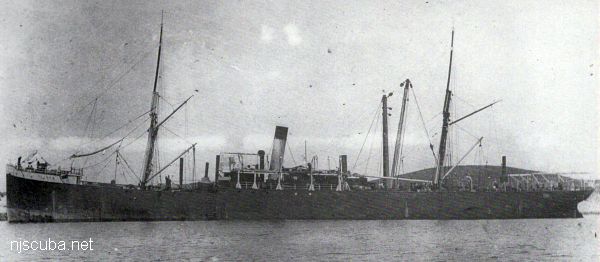Environmental Groups
Environmental organizations are both good and bad. State and federal governments have large departments that oversee environmental issues such as water and air pollution. These agencies have staffs of scientists and experienced technical personnel to plan and implement environmental protection programs and monitor environmental quality, and they generally manage to get the job done on their own.
While it is good that private citizens take an interest in such matters as well, private environmental groups often do as much harm as good. What they may lack in technical and scientific proficiency, they often make up for with media savvy. A phone call to Eye Witness News and the mere utterance of any number of keywords ( such as simply POLLUTION ! ) will automatically get their opinions on the air and in print, whether they are right or wrong.
It is far too easy for any private environmental group to garner this sort of media and political attention, and it is much more difficult for government and public groups to refute the specious claims of these self-proclaimed "environmentalists" than it was for them to make the claims in the first place. It is even more difficult for the public to undo the legislative damage that these groups do in the name of the environment when they coerce the government into passing unreasonable and unnecessary new laws.
A well-organized environmental lobby with no more than two dozen members can manage to overrule tens of thousands of public citizens with little more than a few carefully placed media spots and some shrewd political pressure.
While claiming to act on behalf of the public and the environment, these groups are also all-too-often really motivated more by the egos of their members than by science or even good sense. Many of the people in these organizations have little or no qualifications to be assessing environmental issues or making public policy, and certainly no more than you or I.
Local environmental groups:
And here are some true radical elitists. These groups seemingly think they own the oceans and do not want to share them with any of us rabble. I think they'd put a fence around it if they could:
- The Ocean Conservancy
- Sierra Club - Hollywood, need I say more
- Pew Charitable Trusts - don't be fooled by the name
If you would like to support and promote local environmental conservation in a reasonable and rational manner, here are some other choices:
- New Jersey Council of Diving Clubs
- Jersey Coast Anglers Association
- Hudson River Fishermen's Association
- New Jersey Division of Fish, Game & Wildlife
Some quotes from noted communist organizer Saul Alinsky come to mind with regard to the tactics of radical environmentalists. He pretty much wrote the book on dirty fighting in politics:
- "Pick the target, freeze it, personalize it and polarize it."
- "Wherever possible go outside the experience of the enemy. Here you want to cause confusion, fear and retreat."
- "The threat is generally more terrifying than the thing itself."
- "One of the criteria for picking the target is the target's vulnerability ... the other important point in the choosing of a target is that it must be a personification, not something general and abstract."
- "In a fight almost anything goes. It almost reaches the point where you stop to apologize if a chance blow lands above the belt."
- "Ridicule is man's most potent weapon. It is almost impossible to counterattack ridicule. Also, it infuriates the opposition, who then react to your advantage."
Environmentalists don't have to be right, they only have to be loud. And the modern news media, always on the lookout for sensationalism, is always eager to help.

